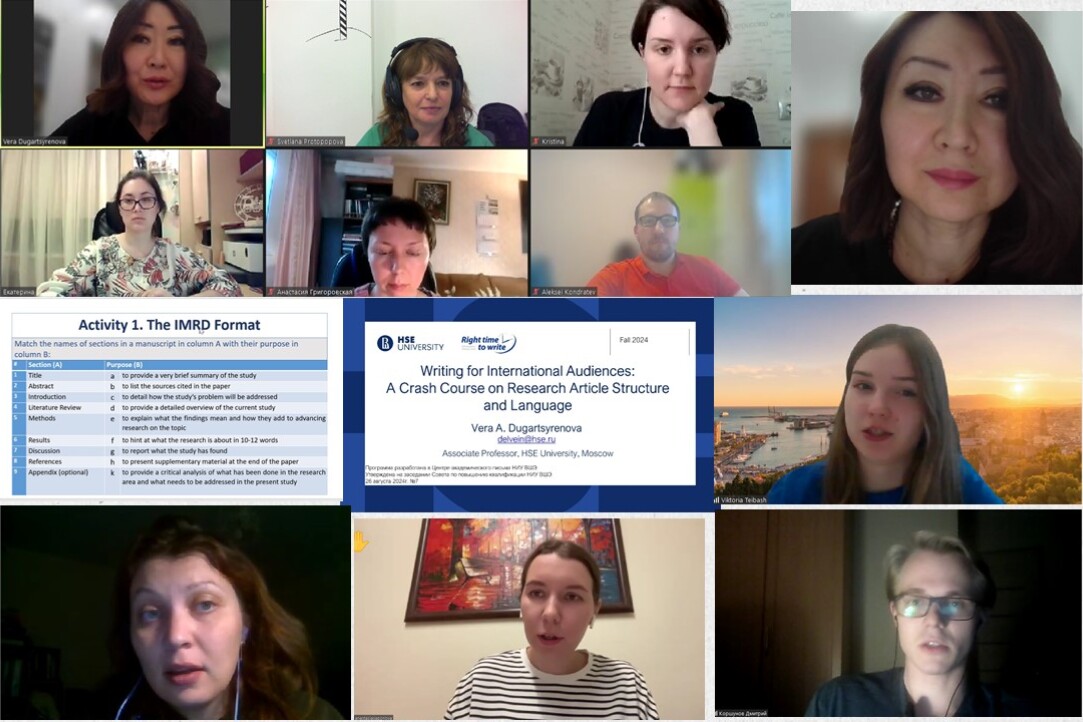
Our writing menu: Take a bite!
One question we get quite a lot is how often the Academic Writing Center offers new courses. The answer is: every year!

Building bridges to international publications
This fall the AWC had a unique opportunity to invite a world-renowned specialist in research writing to share her experience with our colleagues in a series of workshops.
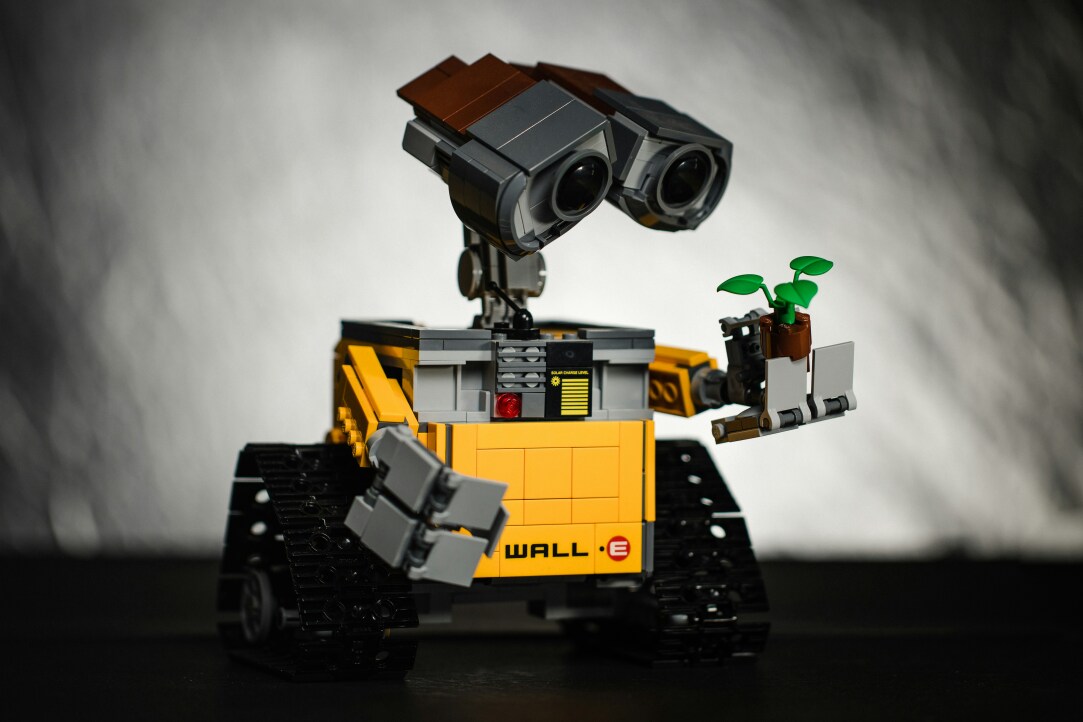
What’s New in Our AI Tools Library?
We are excited to announce that our collection of AI tools has been updated!
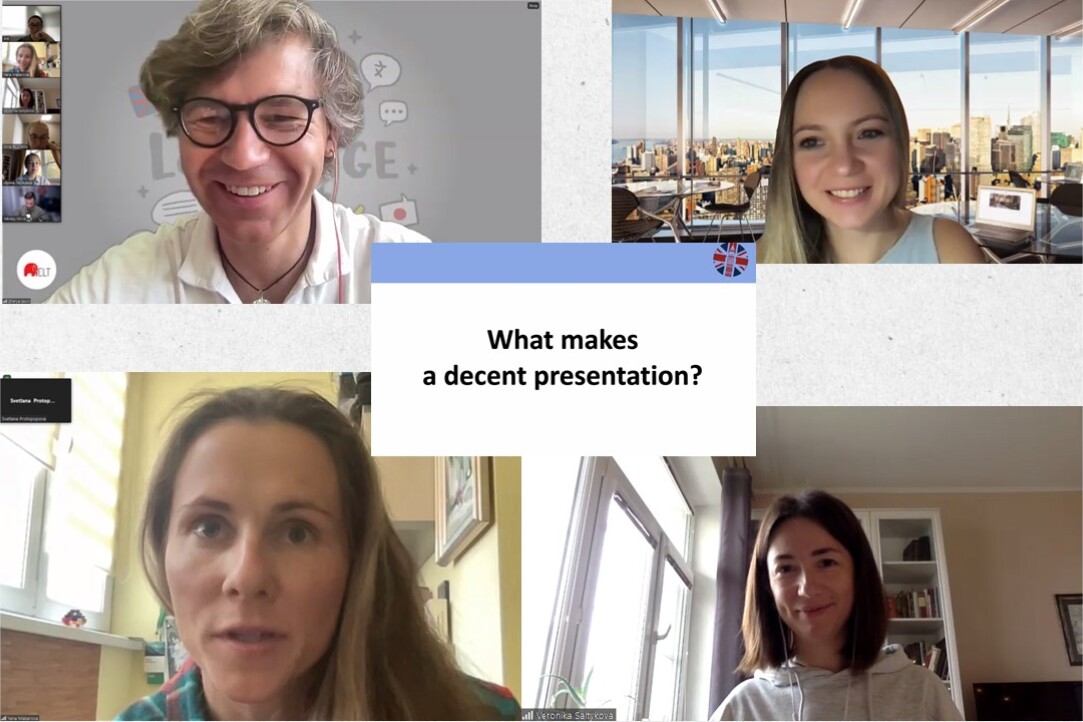
How to build your presentation from scratch in one day
How to overcome communication barriers and fears? You know the answer: with the help of the AWC!
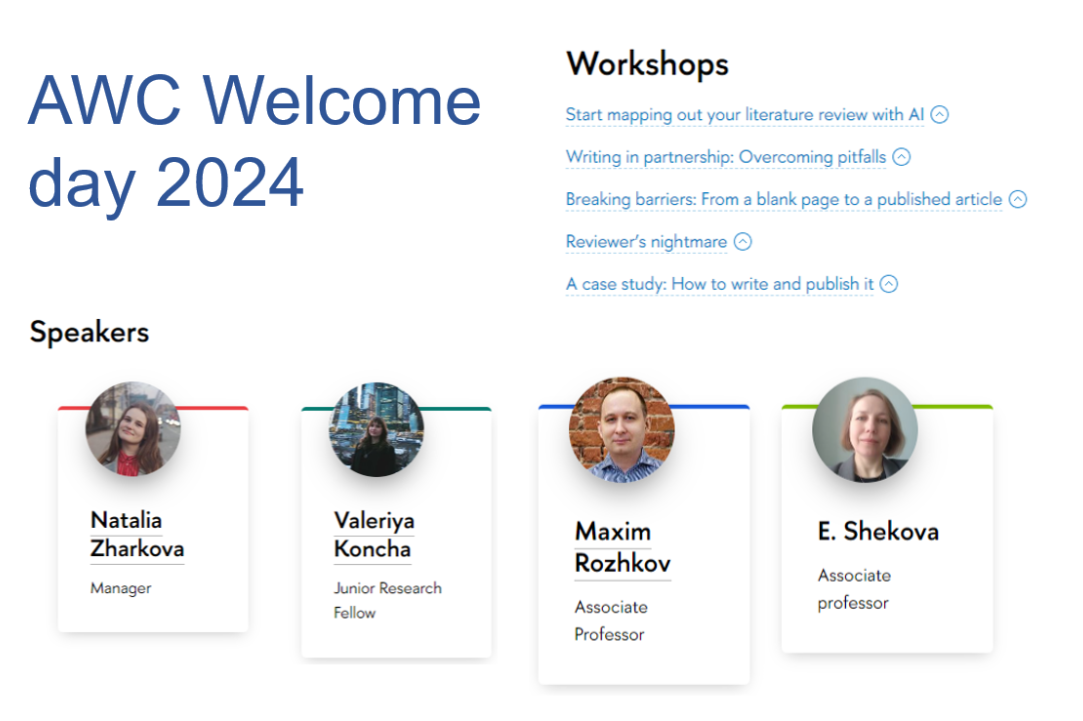
AWC Welcome day 2024: the AWC team’s takeaways
The traditional AWC Welcome Day was as exciting as always and gathered about 100 participants. The workshops explored a diverse array of topics, from a reviewer's nightmares to AI tools for writing a literature review. Each session was packed with innovative ideas and practical advice that inspired and engaged participants.
AI: Bane or boon?
What is the best topic to open the year with? Something almost everyone is concerned with and wants to talk about at the moment: the consequences of AI’s fast invasion for science and education.
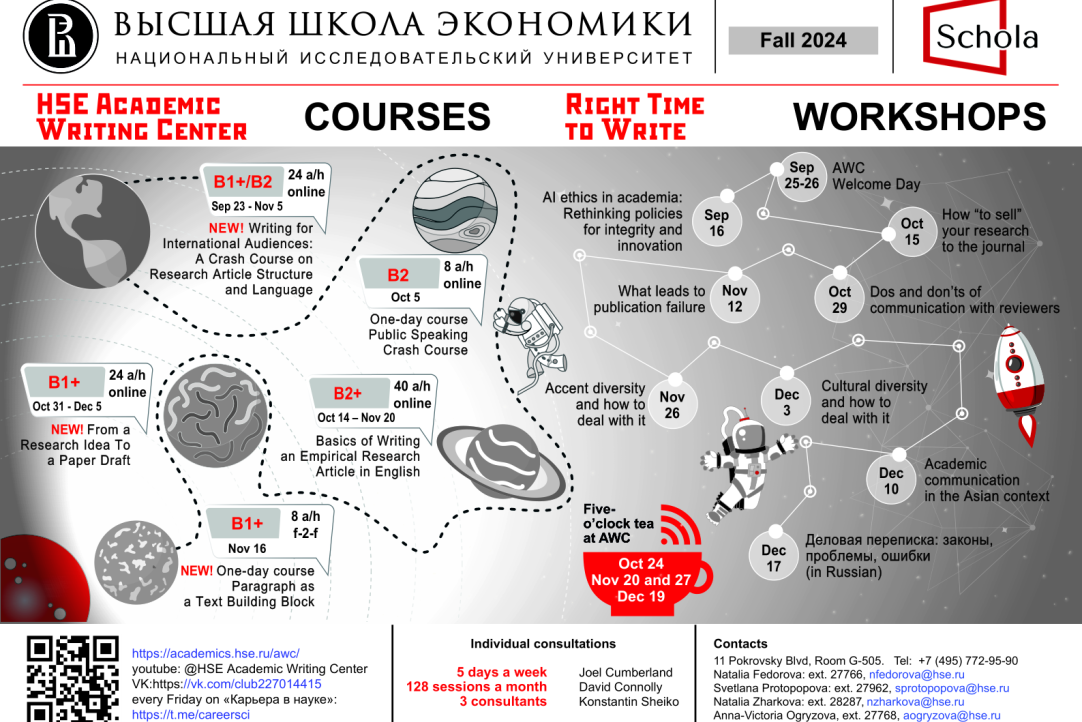
Highlights of the academic year 2023-2024
Dear Colleagues,
As the new academic year begins, we are excited about the possibilities that lie ahead and hope this year will be filled with fresh ideas, remarkable achievements, and inspiring projects for you. At the Academic Writing Center, we remain steadfast in our mission to support your writing endeavors. We’re already buzzing with plans for a variety of events designed to enhance your academic journey. Be sure to check the Infographics for all the latest updates on what’s coming up.

Summer break at the AWC
Dear colleagues, thank you for your enthusiasm and active participation in the life of the Academic Writing Center. Your passion and interest have enabled us to achieve significant milestones this semester.
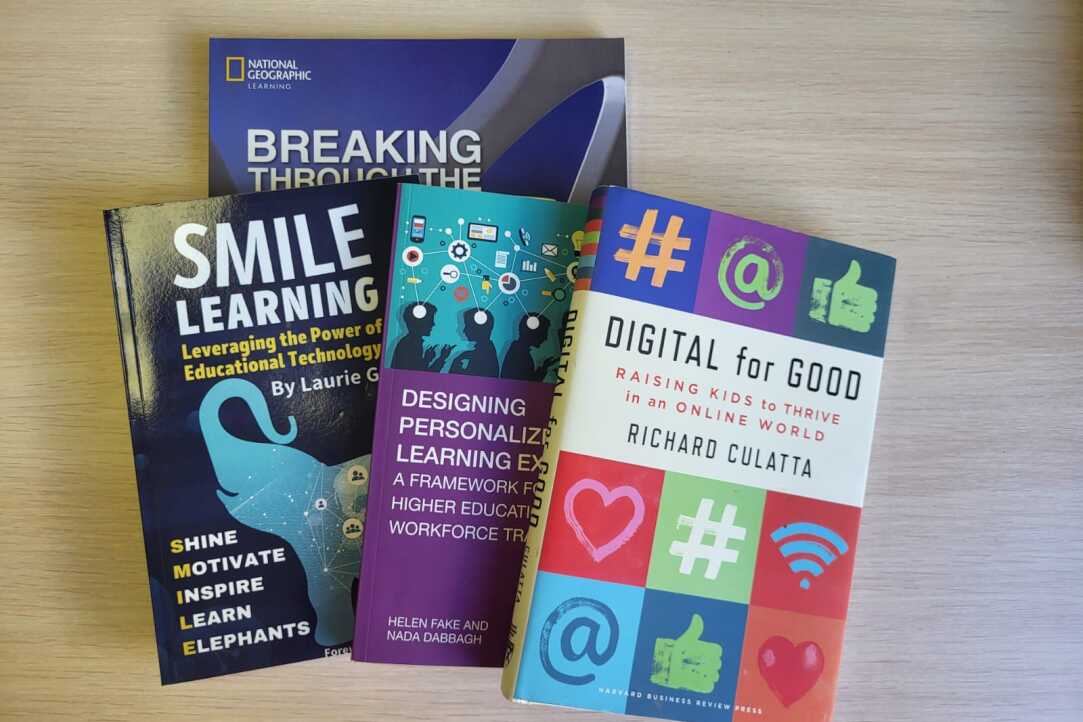
New additions to the AWC library
We are pleased to share good news: the AWC resource center has acquired new literature on using modern technology in education and advanced research-based teaching practices.
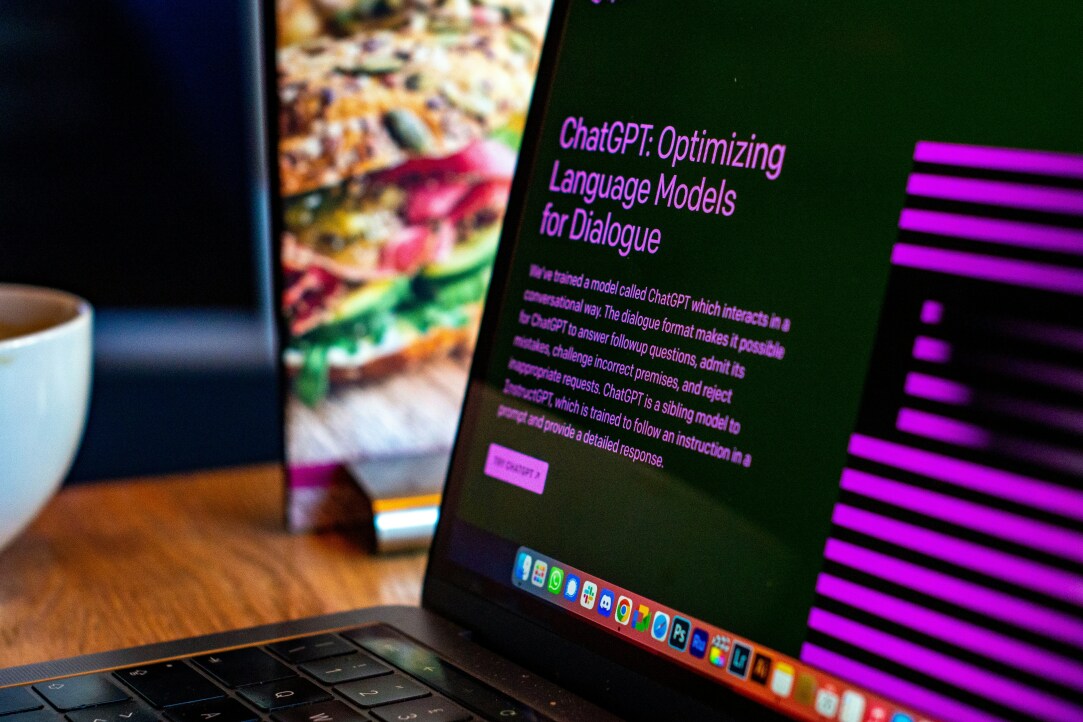
5 Engaging YouTube Channels for Researchers to Explore
In today's world, there are numerous opportunities for self-study, including the innovative use of artificial intelligence (AI) in scientific research. The Academic Writing Center presents a list of YouTube channels that will help scientists understand the possibilities of AI and its application in their research endeavors.
